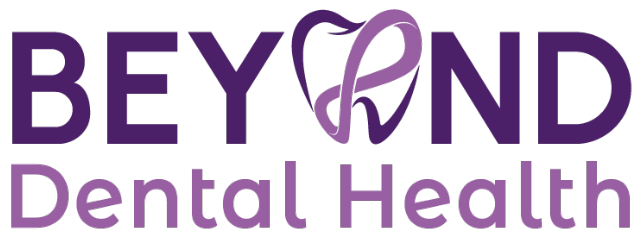Shoulder Pain

Effective Solutions for Shoulder Pain Relief
Shoulder pain often has roots that extend beyond the shoulder itself, with the temporomandibular joint (TMJ) playing a significant role in this discomfort. The TMJ, located at the jaw’s hinge near the ears, is responsible for connecting the jaw to the skull. Misalignment or dysfunction in the TMJ can create a chain reaction of tension through the jaw, neck, and shoulder muscles. This interconnection can lead to persistent pain and discomfort in the shoulders, affecting mobility, strength, and overall quality of life. TMJ-related shoulder pain is particularly challenging to diagnose and treat, as it is often mistaken for muscular or skeletal issues solely within the shoulder.
Symptoms of TMJ-related Shoulder Pain may include:
- stiffness or aching in the shoulders
- restricted range of motion
- discomfort that worsens with jaw movement or tension.
- Some patients may experience a “heavy” sensation in the shoulder or tingling and radiating pain that travels down the arm.
Additionally, TMJ disorders can contribute to posture-related issues, further straining shoulder muscles as they compensate for jaw or neck misalignments. For many, this shoulder discomfort occurs in tandem with TMJ symptoms, such as jaw clicking, headaches, and facial pain, making a comprehensive TMJ assessment crucial for identifying the source of the issue.
We Go Beyond For You
Choosing the TMJ & Sleep Therapy Centre of the South Shore for TMJ-related shoulder pain treatment means accessing a specialized approach that addresses the root causes rather than just symptoms. Our team uses advanced diagnostics and a personalized treatment approach, designed to create lasting relief and alignment. Our expertise in TMJ-specific therapies allows us to pinpoint and treat the underlying connections contributing to shoulder pain, offering an effective solution for long-term wellness.

Providing Non-Surgical Therapies | Restoring Quality of Life

Are You Experiencing Any of the Following?
Jaw Pain
Headaches
Clicking
Popping
Trouble Chewing
Any of the above could be a sign of TMJ-related pain and should be evaluated promptly.
